- Doctors & Departments
-
Conditions & Advice
- Overview
- Conditions and Symptoms
- Symptom Checker
- Parent Resources
- The Connection Journey
- Calm A Crying Baby
- Sports Articles
- Dosage Tables
- Baby Guide
-
Your Visit
- Overview
- Prepare for Your Visit
- Your Overnight Stay
- Send a Cheer Card
- Family and Patient Resources
- Patient Cost Estimate
- Insurance and Financial Resources
- Online Bill Pay
- Medical Records
- Policies and Procedures
- We Ask Because We Care
Click to find the locations nearest youFind locations by region
See all locations -
Community
- Overview
- Addressing the Youth Mental Health Crisis
- Calendar of Events
- Child Health Advocacy
- Community Health
- Community Partners
- Corporate Relations
- Global Health
- Patient Advocacy
- Patient Stories
- Pediatric Affiliations
- Support Children’s Colorado
- Specialty Outreach Clinics
Your Support Matters
Upcoming Events
Mental Health Town Hall
Tuesday, April 23, 2024Join Children’s Hospital Colorado pediatric experts for a virtual...
-
Research & Innovation
- Overview
- Pediatric Clinical Trials
- Q: Pediatric Health Advances
- Discoveries and Milestones
- Training and Internships
- Academic Affiliation
- Investigator Resources
- Funding Opportunities
- Center For Innovation
- Support Our Research
- Research Areas

It starts with a Q:
For the latest cutting-edge research, innovative collaborations and remarkable discoveries in child health, read stories from across all our areas of study in Q: Advances and Answers in Pediatric Health.


Cancer Predisposition Clinic
Hereditary Cancer
Parents and caregivers know their kids best. That’s why we put families at the center of every care team.
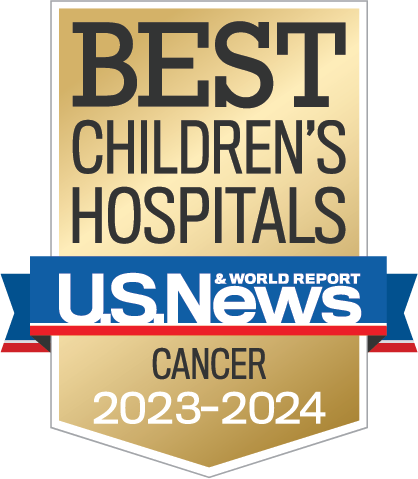
What is cancer?
Our bodies are composed of millions of cells. As a normal process of life, our cells grow, divide and die. Cancer usually begins with a single healthy cell. Over time, damage may occur and accumulate within a cell. The damage, also called a mutation, may disrupt the cell's control mechanisms, allowing the cell to grow and divide out of control. As this cell divides into many cells, they may form a mass called a tumor. Cancer cells also have the ability to spread throughout the body, or metastasize, which may result in tumor formation in other parts of the body.
What is hereditary cancer?
Hereditary cancer is cancer that occurs in a person or family due to an inherited risk factor. In these cases, a person has a change in their genetic material that is either inherited from a parent or new in that person. This change, or mutation, increases their chances of developing certain types of cancer and is found in small pieces of genetic material called genes.
What causes hereditary cancer?
Our DNA is the genetic material in every cell that serves as the blueprint for our body development, growth and function. The DNA in our bodies forms approximately 20,000 genes. Our genes come in pairs; one of each gene is inherited from each parent. Mutations that alter the way the genes function to control cell growth and division increase the risk for cancer in people who have inherited them.
Who gets hereditary cancer?
Approximately 1 in every 2 men and 1 in every 3 women will develop some type of cancer in their lifetime; 1 in 300 during their childhood. About 1 in 10 people (including children) who develop cancer have had the diagnosis because of an inherited risk factor. It is important to remember that inheriting a predisposition to cancer does not guarantee it will occur.
Most cancer cases are not due to an inherited cause, but rather occur as a single occurrence. This sporadic occurrence of cancer accounts for approximately 80 to 85% of cancer cases. However, when we do see a cluster of cancer in a family, there are several possible explanations:
- Chance: It may simply be chance or coincidence that several relatives have developed cancer because cancer is such a common disease.
- Familial clustering: A family may have what is referred to as a familial clustering of cancer. A combination of genetic and environmental factors may work together to somehow increase the risk of cancer for a particular family.
- Genetic and environmental factors: All members of a family have some genetic material in common with each other. In addition, family members often share the same environment within a single household and often have similar lifestyle habits such as smoking, alcohol use, nutrition and exercise. Approximately 10 to 15% of all cancers fall within this familial cancer category.
- Genetic mutation: It is possible that a family may have a single gene mutation that puts certain family members at an increased risk to develop certain types of cancer. The altered gene can be passed from parent to child and results in an inherited predisposition or susceptibility to develop cancer. Approximately 5 to 10% of all cancers has an inherited cause, and it is important to remember that inheriting a predisposition to cancer does not guarantee it will occur.
Which types of cancer are hereditary?
It is possible that a family may have a single gene mutation that puts certain family members at an increased risk to develop certain types of cancer. While we do not choose which genes we inherit or pass on, the altered gene can be passed from parent to child and result in an inherited predisposition or susceptibility to develop cancer. Your doctor or genetic counselor can help you determine if your family history suggests a hereditary risk for cancer.
Sometimes children have a hereditary risk for cancer that is new in them and was not inherited from either parent. This is called de novo inheritance and there is nothing a parent could have done to have caused or prevented a de novo risk, which happens by chance during development. However, the risk is still considered to be hereditary because the child can then pass the risk on to their future children.
In general, the risk of having an inherited form of cancer is highest in the following situations:
- Multiple family members diagnosed with cancer or tumors
- Cancer or tumors in multiple generations
- More than one cancer or tumor diagnosed in an individual
- Cancer or tumor in an individual who also has two or more congenital anomalies, such as birth defects, abnormal growth or development, or other major medical issues
- Rare or certain types of cancer or tumors, such as:
- Adrenocortical carcinoma
- Atypical teratoid and malignant rhabdoid tumor
- Cardiac myxoma
- Choroid plexus carcinoma
- Endolymphatic sac tumor
- Hemangioblastoma
- Hepatoblastoma
- Hypodiploid leukemia
- Juvenile myelomonocytic leukemia
- Malignant peripheral nerve sheath tumor
- Optic pathway tumor
- Paraganglioma
- Pheochromocytoma
- Renal cell carcinoma
- Retinoblastoma
- Rhabdomyosarcoma, especially if anaplastic or before age 6
- Sonic hedgehog medulloblastoma
- Thyroid cancer, especially medullary
- Vestibular schwannoma
Is the cancer in my family hereditary?
Your doctor or genetic counselor can help you determine if your family history suggests a hereditary risk for cancer. In general, your risk of having an inherited form of cancer is highest in the following situations:
- Multiple family members diagnosed with cancer or tumors
- Cancer or tumors in multiple generations
- More than one cancer or tumor diagnosed in an individual
- Cancer or tumor in an individual who also has two or more congenital anomalies, such as birth defects, abnormal growth or development, or other major medical issues
- Rare or certain types of cancer or tumors, such as:
- Adrenocortical carcinoma
- Atypical teratoid and malignant rhabdoid tumor
- Cardiac myxoma
- Choroid plexus carcinoma
- Endolymphatic sac tumor
- Hemangioblastoma
- Hepatoblastoma
- Hypodiploid leukemia
- Juvenile myelomonocytic leukemia
- Malignant peripheral nerve sheath tumor
- Optic pathway tumor
- Paraganglioma
- Pheochromocytoma
- Renal cell carcinoma
- Retinoblastoma
- Rhabdomyosarcoma, especially if anaplastic or before age 6
- Sonic hedgehog medulloblastoma
- Thyroid cancer, especially medullary
- Vestibular schwannoma
What tests are used to diagnose hereditary cancer?
Genetic testing at Children's Hospital Colorado typically requires a blood draw or a sample of tumor tissue. We then send that sample to a laboratory for analysis of specific genes to determine if there are gene mutations associated with hereditary cancer.
Whenever possible, it is best to begin genetic testing with a person in the family who has had cancer. If your child has had cancer, they may be the best first person in the family to test.
If your child has not had cancer, your genetic counselor will help you identify the best testing strategy in your family. If a gene mutation is found in one family member, then genetic testing can be made available to other relatives to determine if they have inherited the same gene change.
What if a gene mutation is found?
If a gene mutation is found, this means your child has a hereditary risk to develop cancer. Although no form of cancer screening or prevention is perfect, options may include increased cancer surveillance (such as beginning mammograms or colonoscopies at earlier ages or having ultrasounds or MRIs), taking certain medications that can reduce the chances of developing cancer, and/or having surgery to remove at-risk tissue before cancer develops.
Your genetic counselor and your child's doctor will help determine which of your relatives are also at risk to have a gene mutation. You would be strongly encouraged to inform your relatives of your test results if a mutation were detected so that they can have the option of talking to their physicians about genetic counseling, genetic testing and appropriate cancer screening.
What if a gene mutation is not found?
If no gene mutation is found in the first person in a family to have genetic testing, then this test result has several possible meanings. Your genetic counselor will explain all of the potential reasons that genetic testing did not find a gene mutation.
If you have a relative with a known gene mutation and your test results show that you do not have the gene change previously found in your family, then your chances of developing cancer are probably no higher than anyone else's in the general population.
Why choose Children's Colorado for hereditary cancer risk assessment, genetic counseling and genetic testing?
Genetic counseling is a confidential face-to-face communication process between your family and your genetic counselor. Your genetic counselor will work with your physicians to make recommendations for your child and your family regarding medical care based on your evaluation. Genetic counseling may include:
- Discussion of cancer and how it develops
- Collection of information about your family history of cancer
- Individualized cancer risk assessment
- Recommendations for cancer screening and lifestyle changes for detecting and preventing cancer
- Options for genetic testing based on your history
- Exploration of the implications, risks and benefits of options in your situation
- Information about research studies relating to hereditary cancer
Children's Colorado currently has the only cancer genetic counseling program specifically for the evaluation of hereditary cancers in children in the state of Colorado.
Is genetic counseling and testing right for my child and family?
Genetic testing may help you and your family to more accurately plan healthcare strategies. It may provide some peace of mind, discovering that your chances of developing cancer are not as great as you believed. Genetic testing can also determine if you have an increased chance of developing certain types of cancer and allow you and your relatives to take more proactive steps to detect cancer earlier or to prevent cancer.
There are many things to consider when deciding whether to have genetic testing that may be discussed during genetic counseling, including:
- Would the knowledge and information gained from genetic testing help you to make healthcare decisions?
- If you knew you had an inherited risk for cancer, would you feel comfortable continuing your current cancer detection program?
- How would you feel if you learned that you had a hereditary risk for cancer?
- When is an appropriate time for your child to be tested for a hereditary risk for cancer
Genetic counselors are trained to help you explore your feelings and opinions about genetic testing. The results of genetic testing impact the whole family, not just the individual being tested. It is unlikely that genetic test results will affect an individual’s ability to obtain or keep health insurance. Your genetic counselor will review the laws in place protecting genetic health information with you.
What should I do if I think there is hereditary cancer in my family?
You can investigate the possibility of hereditary cancer in your family with a genetics consultation through the Center for Cancer and Blood Disorders. Talking with a genetic counselor can help you learn about inherited cancer and what steps you can take to prevent cancer or detect it as early as possible.
How is hereditary cancer treated?
Following the consultation, we’ll work with you to create an individualized plan, which may include genetic testing and/or cancer surveillance and prevention strategies, based on physician and genetic counselor recommendations and family decisions. An appointment in the Center for Cancer and Blood Disorders Cancer Predisposition Clinic
may include consultation with a genetic counselor and/or oncologist (cancer doctor).
Why choose Children's Colorado for your child's genetic counseling?
Children's Colorado established the first genetic counseling program for the evaluation of hereditary cancers in children in the state of Colorado. The clinic's American Board of Genetic Counselors certified genetic counselor works closely with our physicians to provide cancer genetic counseling services.
Contact us
If you are concerned about your family history of cancer or would like more information about genetic counseling, ask your medical care team or primary care provider about making a referral for genetic counseling. You can also contact one of the genetic counselors directly at CCBDGCs@childrenscolorado.org.
Helpful resources
- The Wellness Program at Children's Colorado for cancer patients and their families is comprised of a multidisciplinary team of professionals who identify and address all the psychosocial needs of our patients and families.
- The Center for Cancer and Blood Disorders provides resources for families of patients with cancer such as support resources, housing for families of cancer patients and informational resources to help you learn more about cancer.
- The HOPE (Helping Oncology Patients Excel) Clinic at Children's Colorado helps childhood cancer and bone marrow transplantation survivors of all ages live fuller, healthier lives.
Next steps
-
Would you like to learn more about us?
Learn more about the Cancer Predisposition Clinic -
Do you have questions about your child’s condition?
720-777-6740

Compassionate care, wherever you are
We’re here when you need us. Telehealth appointments are available across every specialty, so you can get the high-quality care we’ve always offered from the comfort, privacy and convenience of home.
See if telehealth is right for you
Get to know our pediatric experts.
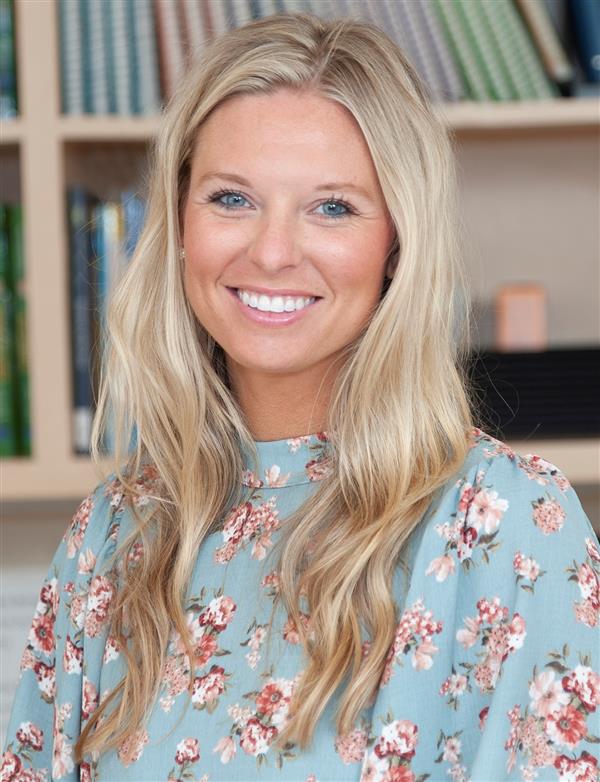
Vanessa Ann Fabrizio, MD
Hematology/Oncology - Pediatric, Pediatrics
Patient ratings and reviews are not available Why?
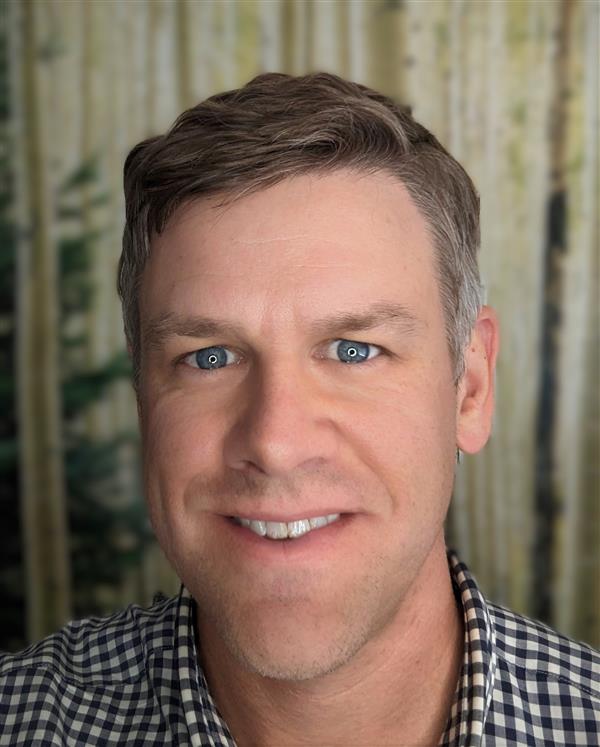
Austin Larson, MD
Clinical Genetics and Genomics - General, Medical Biochemical Genetics, Pediatrics
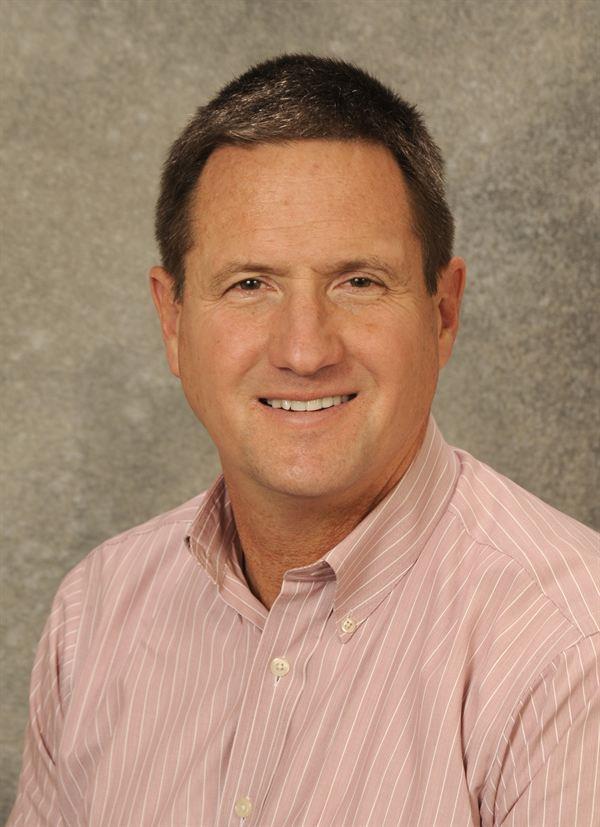
Chris Silliman, MD
Hematology/Oncology - Pediatric
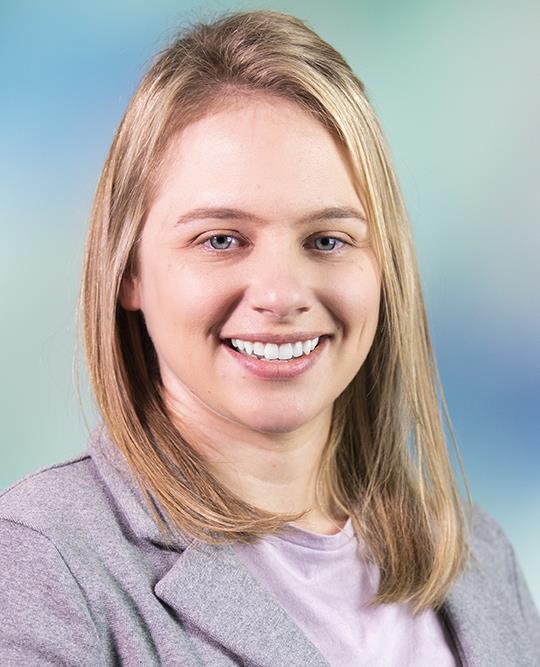



 720-777-0123
720-777-0123



